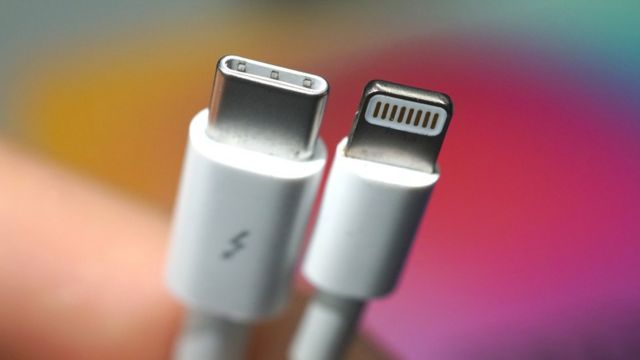The European Union proposed late last year that USB-C ports be made universal charging ports for all smartphones and digital devices. We also learned that the EU will meet to discuss the future of this proposal. As it turns out, the meeting took place today, and the authorities came to an agreement to require USB-C ports on all smartphones sold in the EU, including Apple's iPhones. Take a look at the details down below!
Following discussions among EU bodies, the European Union has unified USB Type-C. The bill had been in the works for more than a decade. Check out the official tweet from the European Parliament, which is attached below.
We have reached a deal on the common charger! 🔌👏
— IMCO Committee Press (@EP_SingleMarket) June 7, 2022
✔️mobile phones, tablets, e-readers, digital cameras & more #USBtypeC
✔️harmonised fast-charging technology
✔️unbundling of sale of chargers from the sale of device
🔴 Press conference at 12.30 CEST ➡️ https://t.co/TCBXxzIEdr pic.twitter.com/29JmeL0nxe
Today we have made the common charger a reality in Europe! European consumers were frustrated long with multiple chargers piling up with every new device. Now they will be able to use a single charger for all their portable electronics,” Alex Agius Saliba, the European Parliament’s reporter, said in a press release.
This is an interesting proposal that would require companies to include a USB-C port on all electronic devices sold in the EU by the fall of 2024, including smartphones, digital tablets, cameras, headphones, and handheld video game consoles. The EU is attempting to reduce e-waste in the environment by implementing a "common charger" for all electronic devices. It will also make consumers' lives easier by eliminating the need to carry multiple charging cables for various devices. People will be able to save an additional 250 Million Euros per year as a result of this.
Will Apple have USB-C iPhones?
“The rule applies to all and sundry. It’s not adopted against anybody. We’re working for the consumers, not the companies, and we have to give these companies rules; rules that are clear in order to enter the internal market,” Breton further added.
